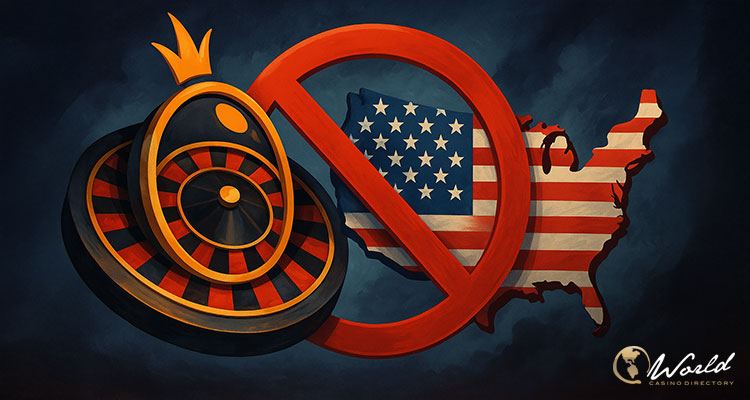Pragmatic Play, one of the biggest names in online gaming content, has officially ended its involvement with US sweepstakes casinos. The supplier confirmed it will no longer provide games to operators in states where restrictions were not already in effect, citing a rapidly shifting regulatory climate and intensifying legal challenges.
A company spokesperson cited by Next.io, emphasized the reasoning behind the decision, stating: “Pragmatic Play has chosen to discontinue licensing its games to sweepstake operators in US States where restrictions were not already in place, in light of regulatory developments and evolving legislation. We remain committed to the highest standards of compliance and will continue to engage transparently with regulators.”
While the withdrawal marks the company’s exit from a controversial sector, the move also hints at longer-term ambitions. Many industry observers view this as a calculated step that could open the door for Pragmatic Play to pursue opportunities in the regulated US iGaming market in the future.
Legal Pressure and California’s Battle Over Sweepstakes
The decision comes on the heels of mounting legal scrutiny. Last month, Los Angeles City Attorney Hydee Feldstein Soto filed a sweeping lawsuit against Stake.us, a prominent sweepstakes operator, and a range of suppliers, including Pragmatic Play, Evolution, and Hacksaw Gaming. The lawsuit alleges violations of California’s gambling and false advertising laws, claiming that Stake.us effectively mimics real-money gaming through a dual-currency system.
The suit also highlights that Stake.us uses the same branding as Stake.com, a real-money gambling platform, which authorities argue is a deliberate attempt to bypass state law. As part of the action, the city is seeking treble damages and a court order blocking both operators and suppliers from marketing or offering sweepstakes products in California.
Although Pragmatic Play was not itself accused of illegal conduct, its inclusion as a named supplier placed it under direct regulatory spotlight. Evolution and Hacksaw Gaming have since removed their titles from California sweepstakes platforms, mirroring Pragmatic’s broader decision to step back nationwide.
Legislative Moves Threaten Sweepstakes Operations
The lawsuit is only part of the challenge facing the sweepstakes vertical. California lawmakers are advancing Assembly Bill 831, spearheaded by Attorney General Rob Bonta, which would formally ban sweepstakes-style casinos. The measure passed the Senate Appropriations Committee unanimously and is now headed for a full floor vote.
If enacted, AB 831 would make it unlawful for any “entity, financial institution, payment processor, geolocation provider, gaming content supplier, platform provider, or media affiliate to knowingly support directly or indirectly the operation, conduct, or promotion of an online sweepstakes game within this state.” Recent amendments added the word “knowingly,” providing limited legal protection for suppliers that distribute content through aggregators without direct control over where their games ultimately land.
California is not alone. Similar bans have already been signed into law in Connecticut, New Jersey, and Montana, signaling a broader national trend against sweepstakes gambling. The divisive debate has also split tribal stakeholders, with some smaller tribal groups opposing the bill out of concern that it could disproportionately harm their communities.
Pragmatic’s Next Steps
For now, Pragmatic Play’s retreat leaves it absent from the US gaming landscape, as the company does not currently operate in the regulated real-money online casino market. However, its exit from sweepstakes may represent a strategic repositioning rather than a full withdrawal from North America. The company has maintained partnerships in Canada and continues to grow in other international markets, particularly Latin America, where it has recently expanded through collaborations with local platforms.
Pragmatic has also indicated it will keep “exploring new licenses, in addition to the multiple licenses we already hold, in line with our business goals and needs.” This language suggests the supplier remains open to re-entering the US, but only under a regulated framework that avoids the legal uncertainty surrounding sweepstakes casinos.
With competitors like Light & Wonder and Play’n GO already refusing to participate in the sweepstakes market—Play’n GO CEO Johan Törnqvist stressed earlier this year that “Sweepstakes casinos do not operate inside a regulated framework and that’s not something we support”—Pragmatic’s move aligns with a broader industry push to distance from the gray area sector.
Whether this shift ultimately accelerates Pragmatic Play’s entrance into the regulated US iGaming market remains to be seen. For now, the company is stepping away from legal controversy while positioning itself for a potentially more sustainable path forward.


